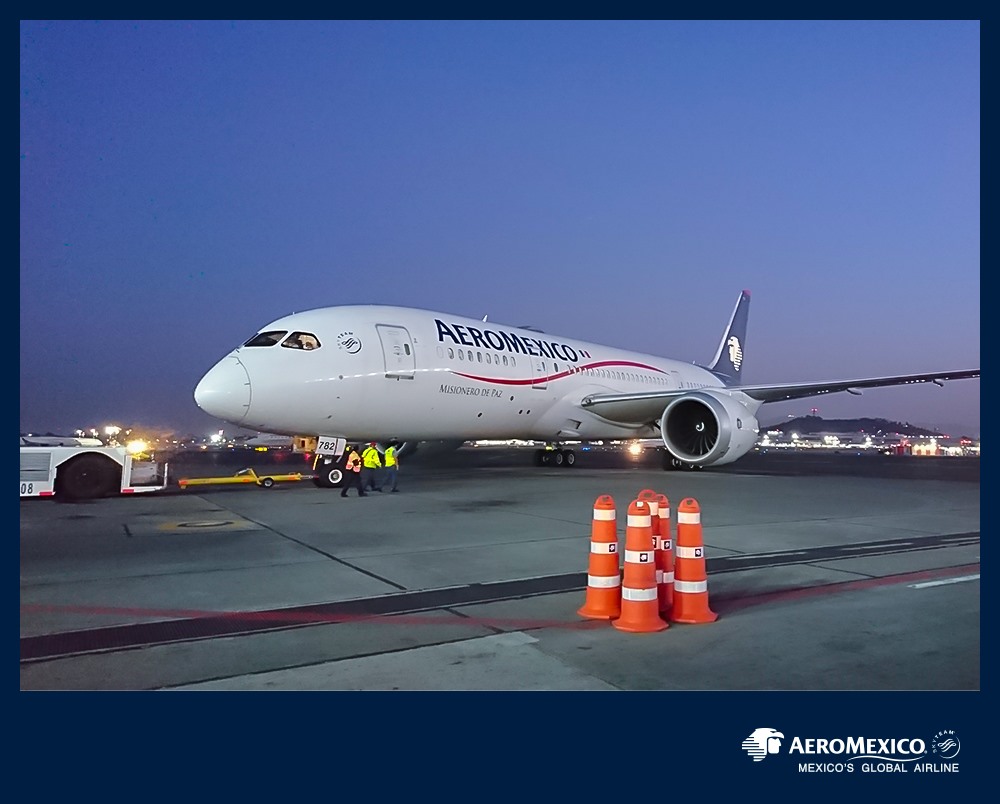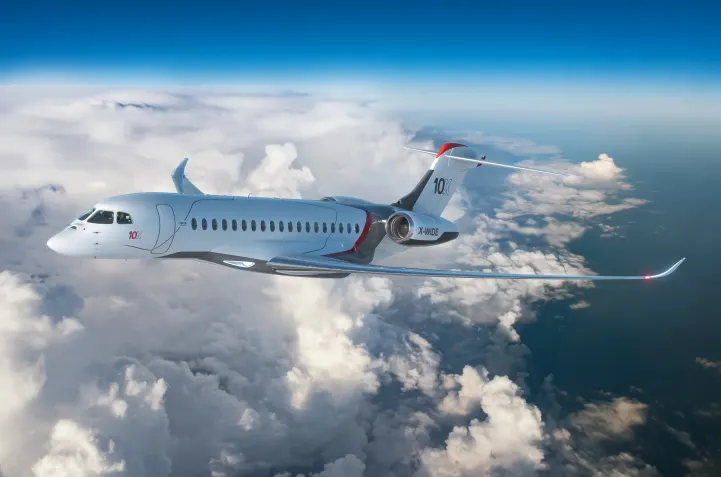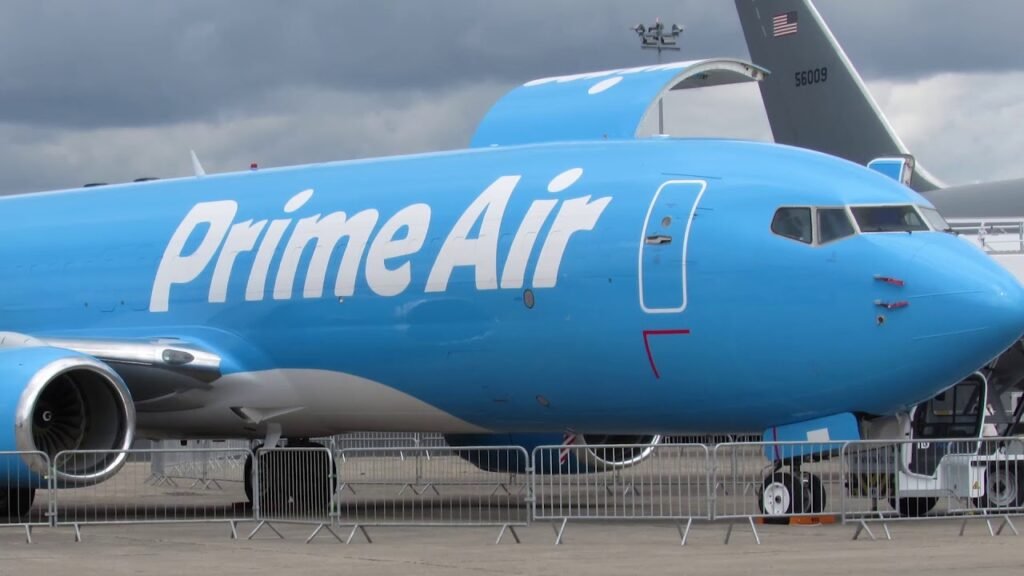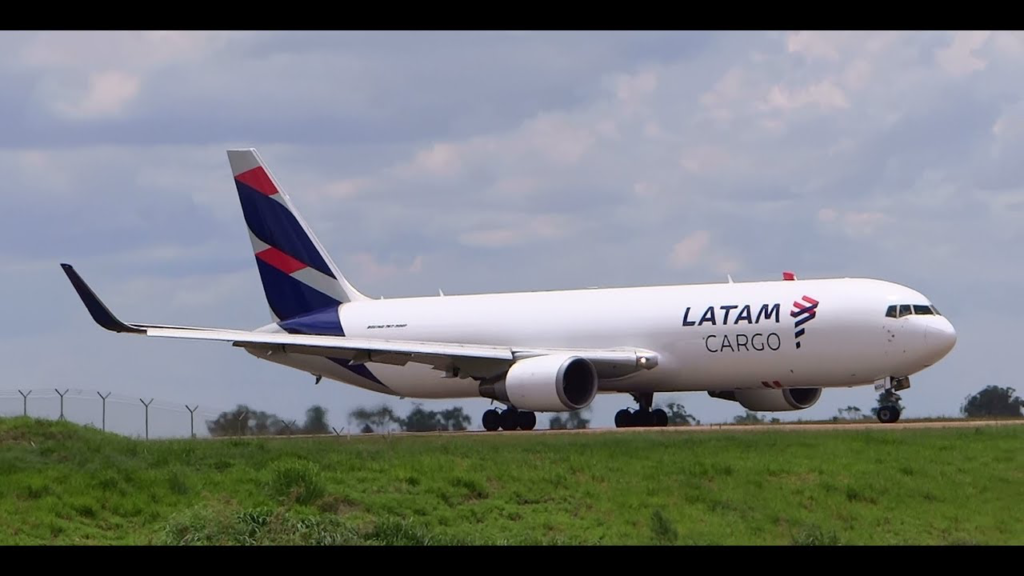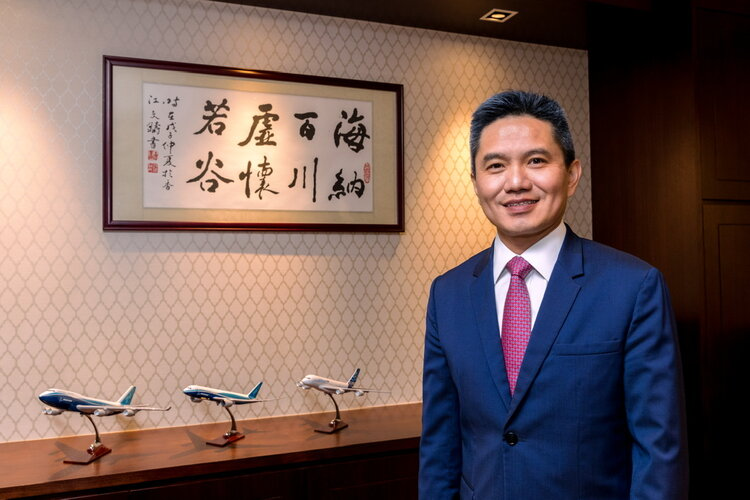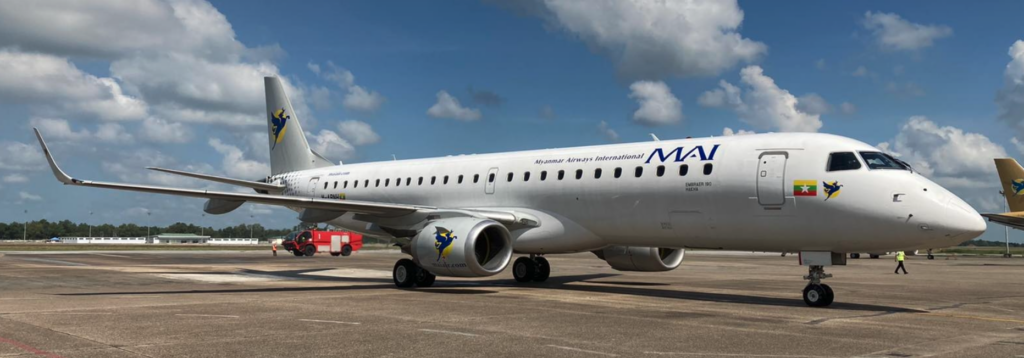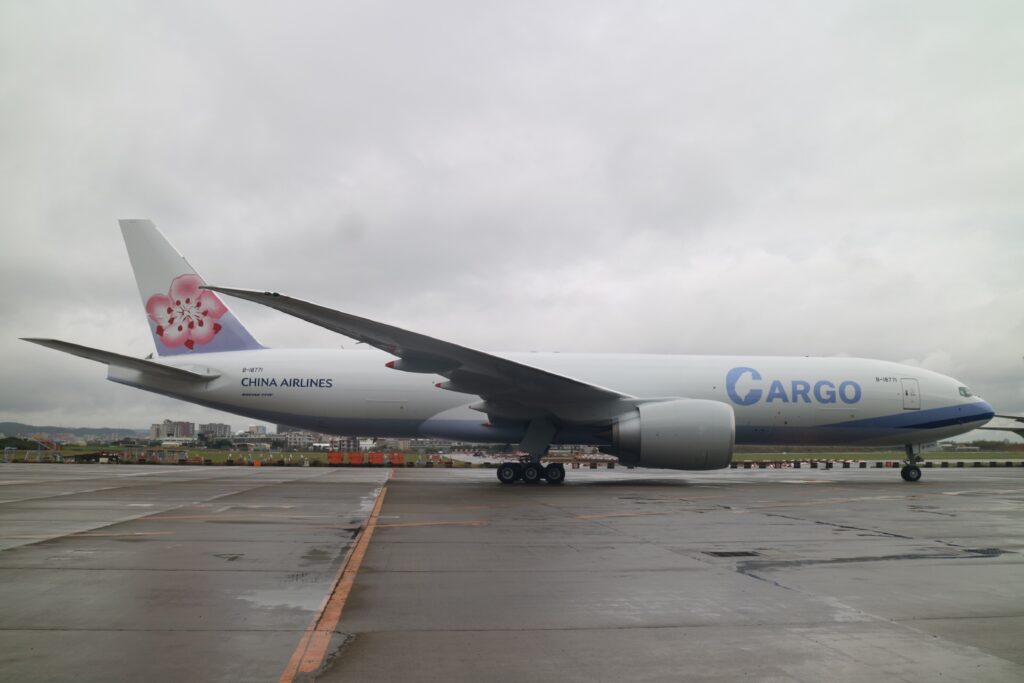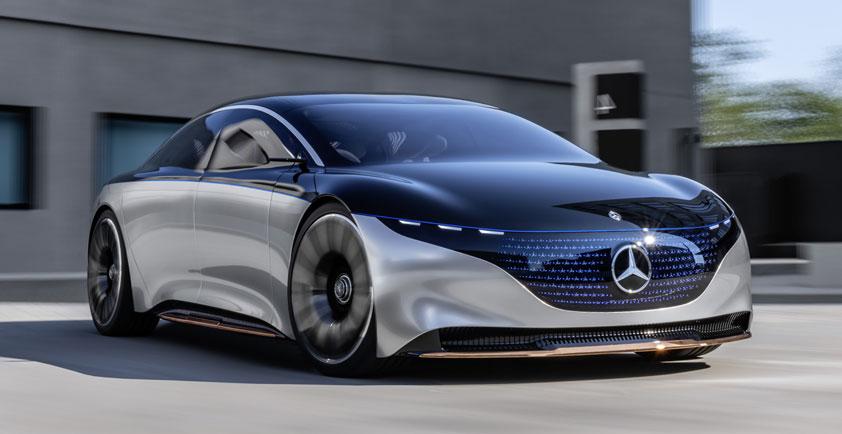Aeromexico Cargo Inaugurates Route Between Wuhan, China and Mexico City
Aeromexico Cargo inaugurated a direct route between the Wuhan-Tianhe International Airport and the Mexico City International Airport for exclusive cargo transportation. This was celebrated at an event held at Wuhan airport, in the presence of…
